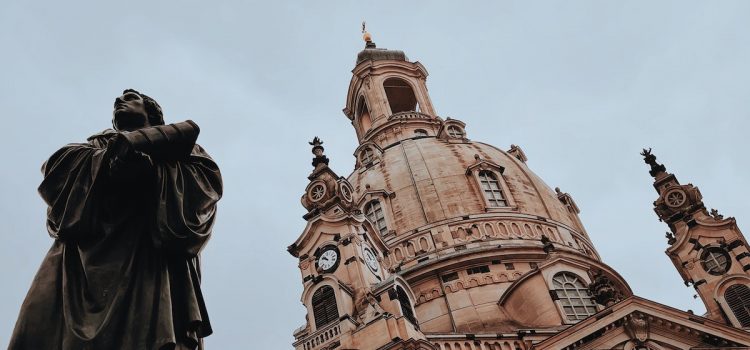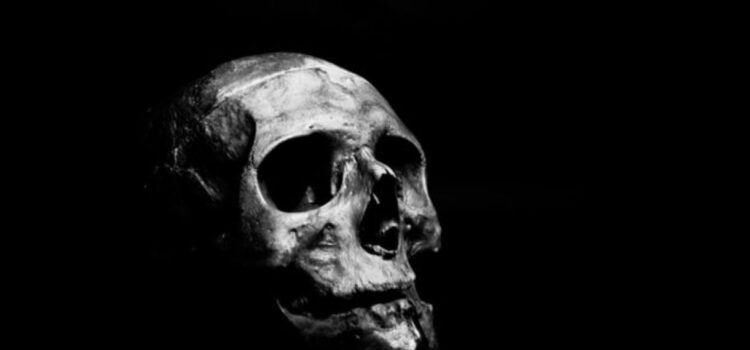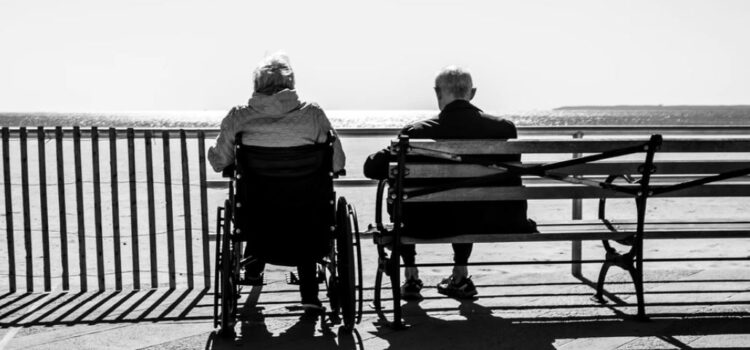How did Christianity replace Roman paganism and other mystical religions? In what way did the mystical conception of the divine differ from the Christian idea of God? Christianity didn’t immediately replace the mystical religions that existed at the time of its arrival in the Greco-Roman world. Initially, it existed side-by-side with mystical traditions until the elites, particularly in Rome, decided to establish a hierarchical church within which only the ordained had access to divinity. Here’s how the rise of Christianity brought about the end of mystical traditions.
The Rise of Christianity and the End of Mysticism










